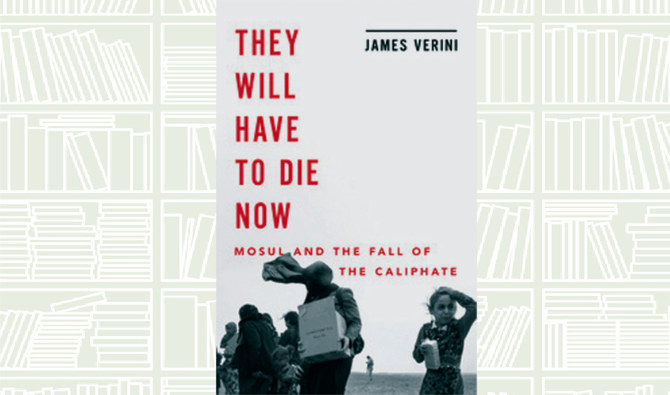Author: Mark Tuitert
Olympic champion speed skater Mark Tuitert merges ancient philosophy with modern resilience in “The Stoic Mindset,” published in 2024.
The guide transcends typical self-help tropes, offering strategies to transform adversity into strength through the principles of Stoicism.
This ancient philosophy provides a tool kit for staying calm, focused, and strong in the face of life’s chaos. Emerging in Ancient Greece and later popularized in Rome, it is less about dusty theories and more about how to live well.
Tuitert’s narrative begins with his own crucible: the pressure-cooker world of elite athletics, where injuries and setbacks threatened his career. His discovery of Stoicism became his mental armor. The book meticulously unpacks core tenets, focusing on actionable responses, reframing obstacles as opportunities, and cultivating “amor fati” (love of fate).
What resonates most is Tuitert’s rejection of passive acceptance. Instead, he advocates active resilience, using journaling, mindfulness, and preemptive adversity training to fortify mental agility.
His chapter on failure dissects how embracing vulnerability fuels growth, illustrated by his comeback from a career-threatening injury to clinch gold at the 2010 Vancouver Olympics.
Tuitert’s prose is refreshingly pragmatic. He avoids academic jargon, grounding Seneca and Marcus Aurelius’ wisdom in relatable anecdotes — from navigating corporate burnout to parenting challenges. His emphasis on practice over theory stands out as well.
Some may criticize the athletic parallels as niche, but Tuitert universalizes them deftly.
While examining Tuitert’s practical Stoicism, I happened to contrast his Olympic-forged resilience with Nietzsche’s fiery critique of Stoic detachment, revealing how one stabilizes storms while the other ignites revolutions.
I found that Tuitert seeks mastery through emotional discipline, whereas Nietzsche champions vitality through embracing chaos.
In an era of digital overload and anxiety, “The Stoic Mindset” is a tactical manifesto for clarity.
Tuitert’s genius lies in making a 2,000-year-old philosophy feel urgently contemporary, proving that true victory is not avoiding storms but learning to dance in the rain.

























